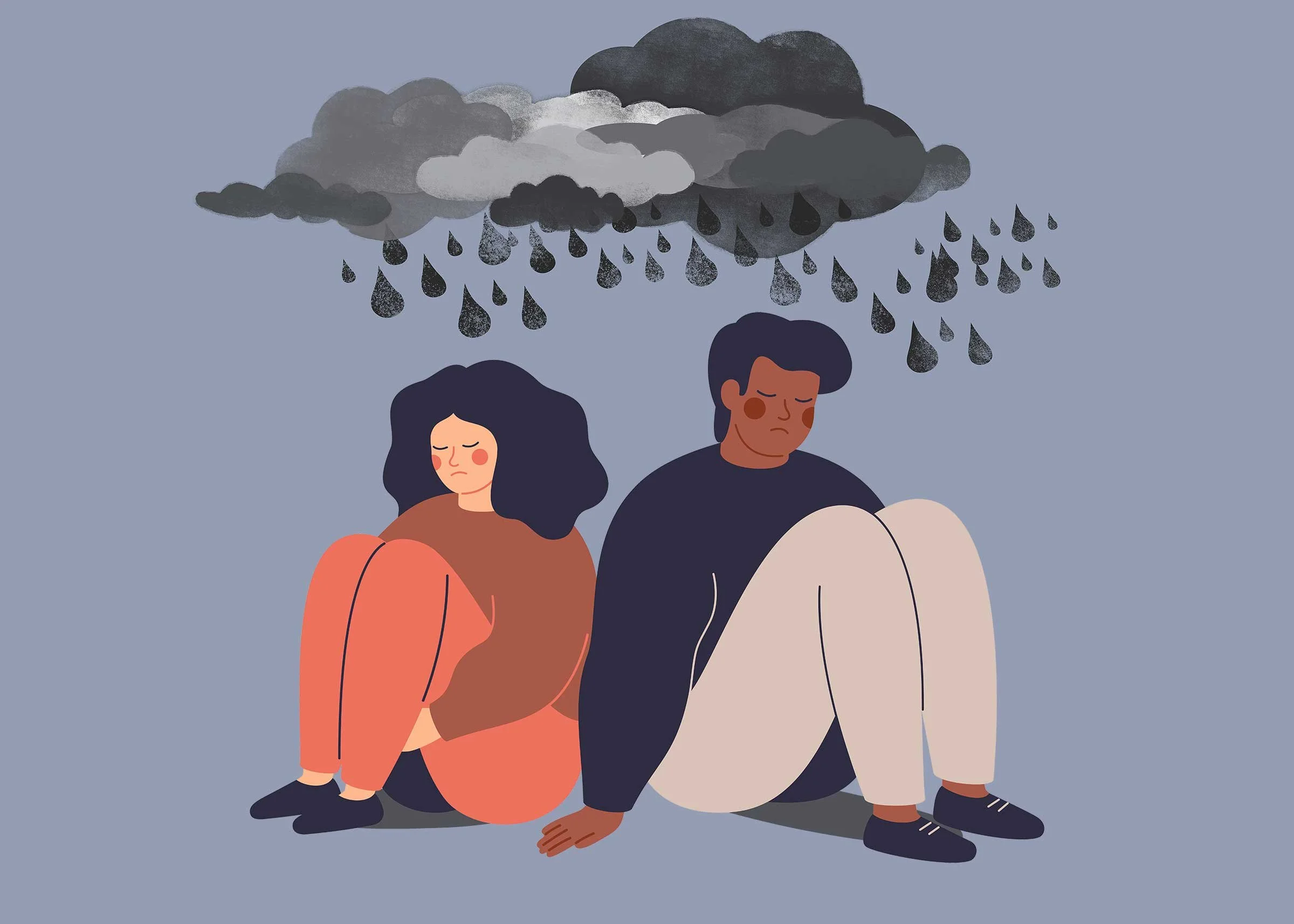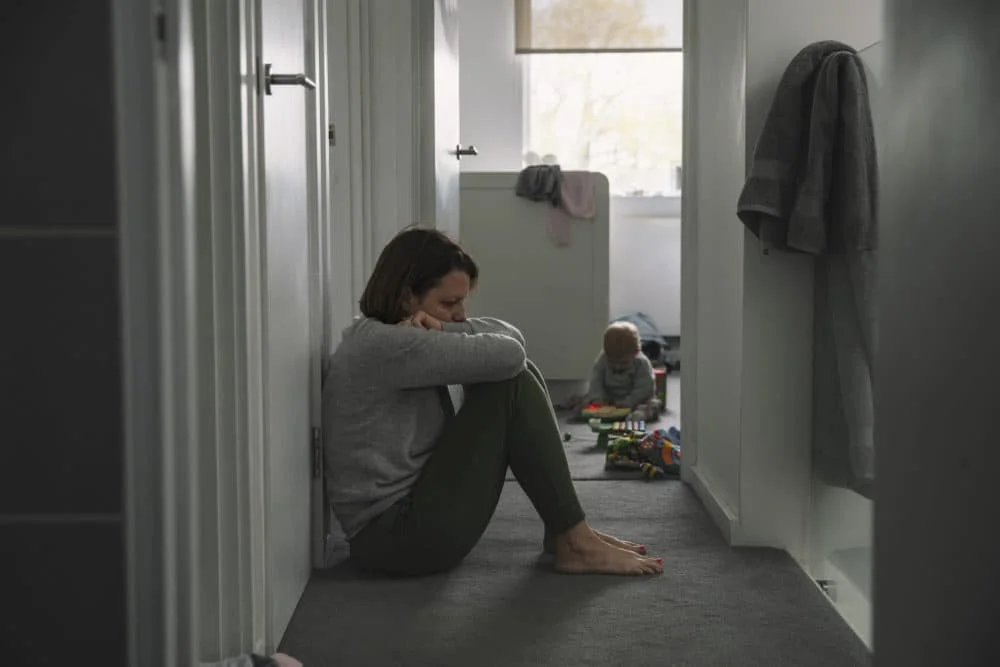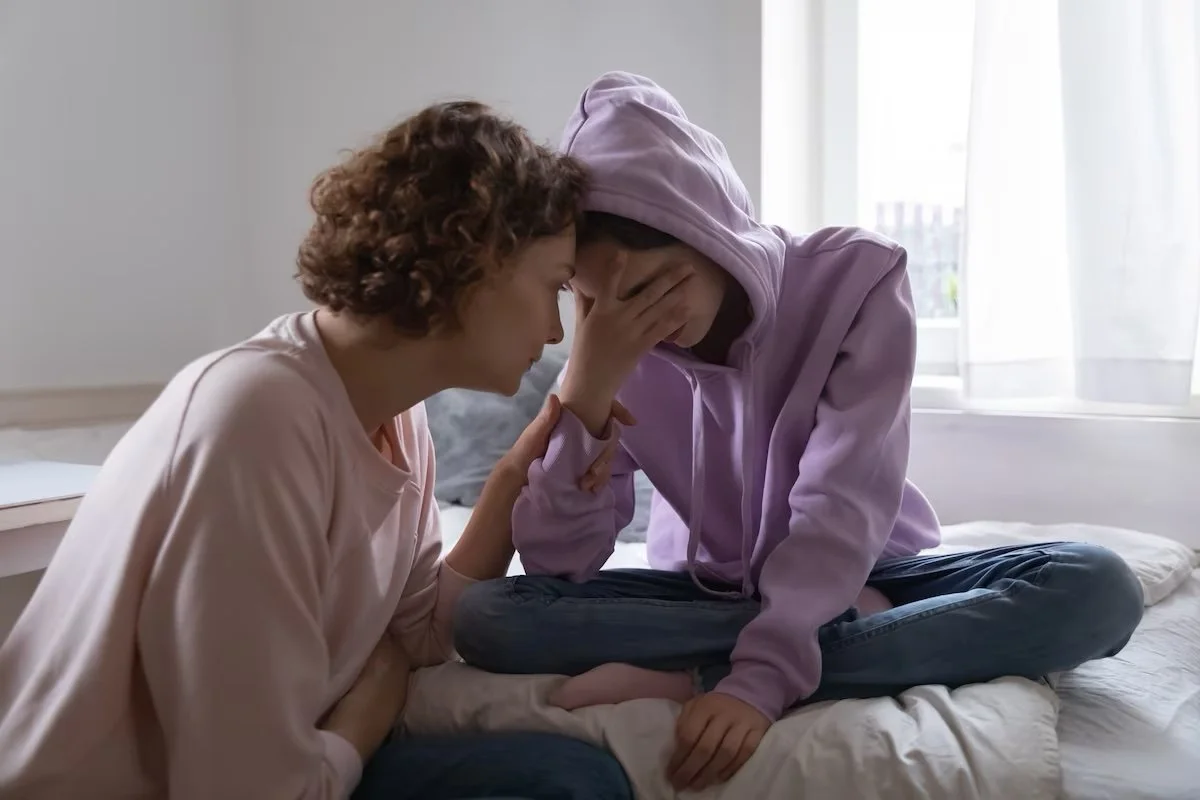This exercise guides young people through a series of questions about their “narrative identity”—or the stories we tell ourselves that shape our sense of who we are and what our future holds.
Read MoreRead the latest from Making Caring Common!
You’re in the right place for our media coverage, blog posts, and event information. Our work spans a range of topics, all connected by our commitment to elevate caring and concern for the common good at school, at home, and in our communities. You can review what’s new below or use the dropdowns to sort by topic and category.
Be sure to join our email list and connect with us on Facebook, LinkedIn, and Instagram, to stay current with Making Caring Common’s news and updates. If you’re a member of the media, please visit our Media Room.
Sort by topic
- Access and Equity
- Bias
- Bridging
- Building Connection
- Bullying
- COVID
- CSN
- Caring and Empathy
- College Admission
- Consent
- K-12
- Loneliness
- Mental Health
- Misogyny and Sexual Harassment
- Moral and Ethical Development
- Parenting
- Purpose and Meaning
- Romantic Relationships
- School Culture and Climate
- School Integration
- Social-Emotional Learning
- State of Caring
- Turning the Tide
- Voter Mobilization and Civic Education
- Youth Advisory Board
Sort by category
In our new report, On Edge: Understanding and Preventing Young Adults’ Mental Health Challenges, over half of young adults (58%) said they had experienced little or no purpose or meaning in their lives in the previous month. So how do those of us with young adults in our lives support them in developing a sense of meaning and purpose? We offer five data-driven suggestions in this blog post.
Read MoreGood Morning America takes a closer look at MCC’s On Edge report showing that adults ages 18 to 25 are nearly twice as likely as teenagers to suffer from anxiety and depression.
Read MoreGood Morning America takes a closer look at MCC’s On Edge report exploring the critical link between parent and teen mental health.
Read MoreIn a national MCC survey, young adults between the ages of 18 and 25 reported loneliness more than any other demographic. Rick Weissbourd discusses these findings with Insider.
Read MoreThis CNN interview with MCC’s Rick Weissbourd about the link between parent and teen mental health has one key takeaway: the best way to improve family mental health is to start talking.
Read MoreWe all feel some form of worry at times, whether it’s about our child’s sleep or eating habits, our performance at work, or paying next month’s rent. Often, our day-to-day worries are normal and manageable. But when these feelings are intense, frequent, and impact everyday activities, they may be a sign of anxiety.
Read MoreThe reasons behind achievement pressure are complex, but journalist and author Jennifer B. Wallace says a key to improving a child’s wellbeing is to ensure that they feel they are valued for more than their accomplishments.
Read MoreTime Magazine takes a look at Making Caring Common’s data on the critical link between parent and teen mental health.
Read MoreOur report, Caring for the Caregivers The Critical Link Between Parent and Teen Mental Health, shows high rates of anxiety and depression among parents of U.S. teens. As part of our report, we developed the list below of recommended resources for supporting parent and teen mental health.
Read More“If we really want to understand what is going on with teens, we have to understand them in the context of their families," MCC's Rick Weissbourd tells Good Morning America. "One crucial way we can support teens is by supporting their parents."
Click through to read more about the critical link between parent and teen mental health, along with five tips for promoting parent and teen well-being.
Read MoreWBUR’s Radio Boston hosted an in-depth conversation with MCC’s Rick Weissbourd about our parent mental health report. Take a listen below.
Read MoreRomper sat down with journalist Jennifer Wallace to discuss her new book about raising healthy kids in an achievement-focused environment. Wallace cites a conversation with MCC’s Rick Weissbourd as a “lightbulb moment” for the book.
Read MoreOur new report, Caring for the Caregivers The Critical Link Between Parent and Teen Mental Health, suggests that parents of teens in the U.S. are suffering rates of anxiety and depression similar to teens. Fortunately, much is known about how to mitigate these emotional troubles in parents, how to guide parents in knowing and providing vital emotional support to their teens, how to reduce the harmful impact of parental depression and anxiety on teens, and how to head off damaging parent-teen dynamics. As part of our report, we developed five core strategies for promoting parent and teen mental health.
Read More“There is a largely untold story about parent mental health in America,” MCC's Rick Weissbourd tells The Hill's Daniel de Vise. “Parents’ and teens’ mental health are deeply interwoven, and we need to do much more in this country to support parents and to promote their mental health.”
Read more about the link between parent and teen mental health in The Hill.
Read More“We can’t really understand what’s going on with teens if we don’t understand what’s happening in their families," MCC's Rick Weissbourd tells The Washington Post.
Read more about our new report showing high rates of anxiety and depression in parents of teens.
Read MoreIn this piece for Time, former Congressman Adam Kinzinger cites MCC’s 2021 report, Do Americans Really Care For Each Other? What Unites Us—And What Divides Us. Kinzinger makes the case that Americans need to break free from extremist views in order to come together.
Read MoreOpinion writer Steve Petrow cites MCC’s 2021 report on loneliness in this USA Today piece.
Read MoreIn this Psychology Today piece, clinical psychologist Jennifer Guttman cites our 2021 report on the state of caring in America and shares four tips for treating ourselves and others with more compassion.
Read MoreErica Pandey cites MCC’s report about loneliness in America in this Axios Finish Line piece highlighting statistics about loneliness in the United States.
Read More




















